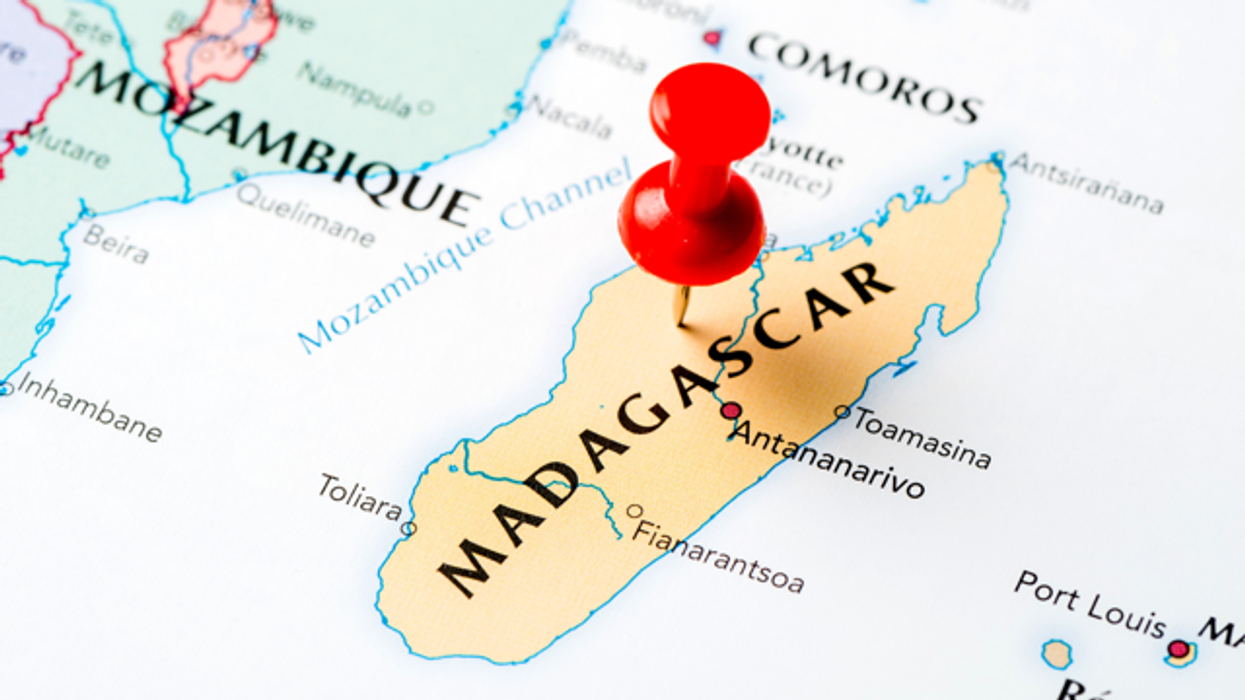Once upon a time, I believed in spontaneous uprisings.
I used to believe that when people gathered in the streets — holding up their handmade signs, shouting for justice, filling public squares with the rough music of democracy — it was history breathing again. I used to believe in the simple idea that when suffering became unbearable, when corruption and lies had eaten too deeply into the body of a nation, the people would rise, spontaneously, righteously, and force the world to change.
I don’t believe that anymore.
I’ve seen too many uprisings that began with pure indignation and ended in the same old servitude, just with new faces in charge. I’ve seen too many movements that turned out, after the fact, to have been quietly cultivated, financed, and coached by the long fingers of Washington—by the same institutions that talk of democracy while calculating their mineral rights, their shipping lanes, and their geopolitical maps.
It is not cynicism that drives my disillusionment. It is a basic observation and experience.
When Iran elected Mohammad Mossadegh in 1951 and he dared to nationalize his nation’s oil, the CIA toppled him two years later and called it “Operation Ajax.” They hired mobs, spread lies, and turned a popular leader into an exile.
A decade later, in Guatemala, they did it again to Jacobo Árbenz because he had the audacity to reclaim United Fruit’s idle lands for the hungry.
In Chile, they financed newspapers, strikes, and opposition parties until Salvador Allende’s socialist experiment could be crushed under the boots of a military junta. In each case, the pattern was the same: speak of democracy, act for profit.
Even when the methods grew subtler, the principle did not change.
In Serbia, in the early 2000s, the youth movement Otpor was hailed as a model of civic courage. Later, it became clear that American consultants, trainers, and funds had been behind much of its infrastructure. What the Pentagon once did with coups, the State Department now does with seminars. The manuals are updated, the slogans localized, the end unchanged.
And then there was Ukraine in 2014, where Assistant Secretary of State Victoria Nuland was caught discussing which opposition leaders Washington preferred to “help” into power — as if democracy were a boardroom decision. What was once the hidden hand of empire has now become its open gesture, sanctified by prizes, euphemisms, and a media that calls orchestration “support for civil society.”
The same pattern extends into the moral theater of the Nobel Peace Prize (the very one that was awarded in 1973 to Henry Kissinger, someone that was considered a war criminal by many at the time, and whose track record since then has only affirmed the accusation), which was bestowed this year upon someone inextricably entangled with NGOs long known to cooperate with US intelligence fronts operating in Venezuela. And so, the illusion of moral independence collapses under the weight of shared funding and mutual strategy.
What I have come to understand at long last is this: The United States has mastered the art of manufacturing not only consent abroad, but also dissent, and has done so just as thoroughly as it has practiced it at home. Its embassies and agencies — USAID, the National Endowment for Democracy, and the dense web of NGOs orbiting them — speak the language of freedom but act with the discipline of empire to disrupt and divide, and then conquer and control.
As for Madagascar, Let’s examine the basic facts.
Madagascar sits on the Mozambique Channel, a strategic stretch of ocean linking Asia, Africa, and the Atlantic. Beneath its soil lie nickel, cobalt, and graphite — the very substances that power the batteries of the electric future. It is a place where China has moved aggressively and where the United States, ever vigilant against losing its edge, sees both a threat and an opportunity. And so when unrest broke out there, one need not be a conspiracy theorist to suspect that the “spontaneous” demonstrations have been helped along by well-funded “civil society” projects, by public-diplomacy grants, by training programs that teach activists how to build movements and “strengthen democracy.” In fact, given the long track record, it would be irrational to believe that in this particular case, for whatever reason, the movement was not manipulated by the usual suspects.
The bottom line is this: Imperialism 2.0 does not wear uniforms or fly flags. It wears the language of rights and the banner of reform. It arrives with development aid, internet workshops, and microgrants for young leaders. It builds networks, not armies; it trains communicators, not soldiers. And when the moment comes, those networks are ready to march — believing themselves free, while marching to the rhythm of another country’s interests.
This is not to deny the courage of those who protest injustice, nor to suggest that the grievances in these nations are not real. They are. But the reality of suffering does not absolve us from asking who benefits when the pot boils over. Too often, the answer is not the people in the streets.
As for those who still insist on believing in the purity of uprisings, I suggest they spend an afternoon reading the CIA's declassified files and the National Security Council's memos. They should trace the budgets of “democracy promotion” programs and the travels of their consultants. They will find that the rhetoric of liberty has become the delivery system of influence, the velvet glove on the hand that tightens control. The evidence is overwhelming for those willing to stop averting their eyes.
Ahmed Bouzid is the co-founder of The True Representation Movement.




















Trump & Hegseth gave Mark Kelly a huge 2028 gift